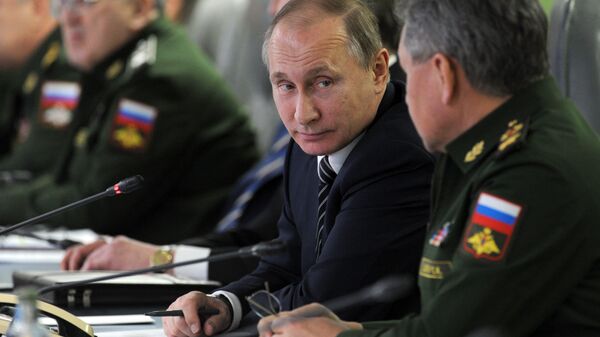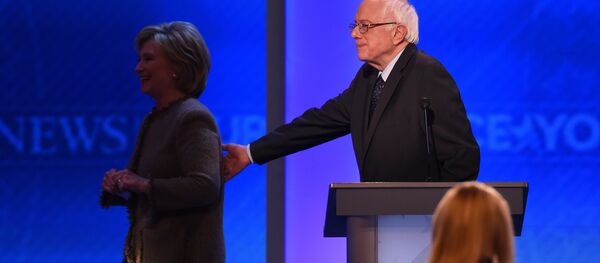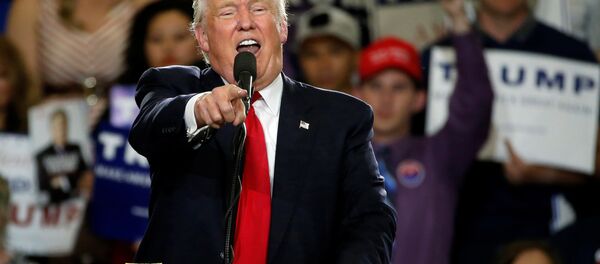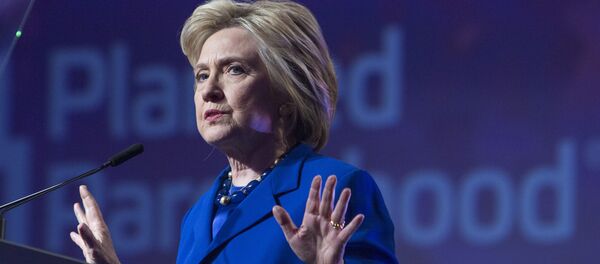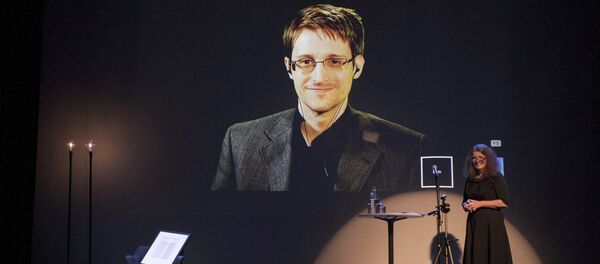On July 22, the whistleblowing website WikiLeaks published nearly 20,000 emails from the DNC, implicating Chairwoman Debbie Wasserman-Schultz and other officials of tipping the scales against Sanders during the Democratic primary campaign.
The leak, dubbed Emailgate 2.0, demonstrated the DNC's extreme bias in Clinton's favor, from an implied agreement to funnel money into Clinton's campaign while the primary was still going on, up to bigoted and openly anti-Semitic recommendations for Clinton's campaign based on Sanders' Jewish heritage and lack of faith in God.
Naturally, Russian officials have denied Moscow's involvement, saying not only that such an approach is against Russian policy, but that US officials have absolutely no proof of their "absurd" claims. For his part, Russian Foreign Minister Sergei Lavrov issued the bluntest rebuttal to a reporter's query regarding the scandal, stating he didn't want to use profanity to comment on the ridiculous allegations.
Unlike a majority of US political commentators, who went with the flow and accepted the Clinton campaign's stories about Russia interfering in the American election, veteran paleo-conservative commentator Pat Buchanan decided on a different approach, choosing to ride the media's wave of anti-Putin hysteria by satirically 'nominating' the Russian leader for a Pulitzer Prize.
"For a year, 74-year-old socialist Bernie Sanders has been saying that, under DNC chair Debbie Wasserman Shultz, the party has been undercutting his campaign and hauling water for Hillary Clinton. From the 19,200 emails dumped the weekend before Clinton's coronation, it appears the old boy is not barking mad. The deck was stacked; the referees were in the tank; the game was rigged."
Meanwhile, the commentator recalled, with the WikiLeaks email dump coming Friday night, "by Sunday, Clinton's crowd had unleashed the mechanical rabbit, and the press hounds were dutifully chasing it. The new party line: the Russians did it!"
By Monday, Clinton campaign chief Robert Mook told ABC that experts were saying "that Russian state actors broke in to the DNC, took all these emails, and now they are leaking them out through the websites…some experts are now telling us that this was done by the Russians for the purpose of helping Donald Trump."
"In 1971, the New York Times published secret documents from the Kennedy-Johnson administration on how America got involved in Vietnam. Goal: discredit the war the Times had once supported, and undercut the war effort, now that Richard Nixon was president. The documents, many marked secret, had been illicitly taken from Defense Department files, copied, and published by the Times."
"America's newspaper of record defended its actions by invoking 'the people's right to know' the secrets of their government." Moreover, eventually, "for publishing stolen Defense Department secrets, the Pentagon Papers, the Times got a Pulitzer Prize."
Accordingly, Buchanan sardonically asked, "do not the people have 'a right to know' of sordid schemes of DNC operatives to sink a presidential campaign? Do the people not have a right to know that, in denying Sanders' charges, the leadership of the DNC was lying to him, lying to the party, and lying to the country?"
As far as the supposed 'Russian trace' is concerned, the commentator noted, jokingly, that "if the Russians were helpful in bringing to the attention of the American people the anti-democratic business being done at the DNC, perhaps the Russians deserve similar recognition. By the Times' standard of 1971, maybe Putin deserves a Pulitzer."
"Unsurprisingly, today, Russia, China, Egypt and even Israel are shutting down or booting out NGOs associated with the United States, and hacking into websites of US institutions. We were the first 'experts' to play this game. Now others know how to play it. We reap what we sow," the analyst concluded.
